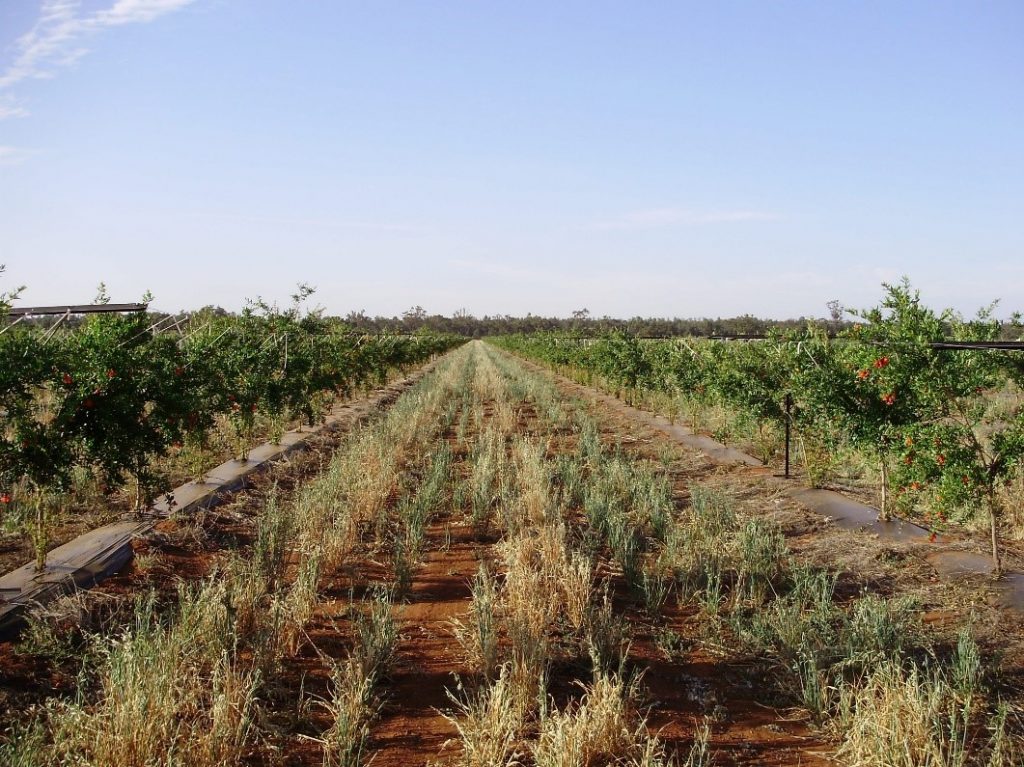
By Clint Thompson
Johan Desaeger, Assistant Professor of Entomology and Nematology at the University of Florida Institute of Food and Agricultural Sciences (UF/IFAS) Gulf Coast Research and Education Center, believes in cover crops so much he quotes the United States’ first president in making his argument.
“We’ve got to take care of our soils. George Washington, he was a farmer, and he made a statement, which I thought was very poignant. ‘You grow crops to sell and to eat, but you also need to grow crops to replenish the soil.’ George Washington was a great advocate of cover crops,” Desaeger said. “That’s what these cover crops do, they replenish the soil.”
Cover crops provide various benefits for producers, according to UF/IFAS,. They control weeds that compete for nutrients and water; prevent soil erosion caused by rain and winds; help retain and harvest residual nutrients that would be leached during the offseason; reduce harmful nematode populations; and provide a habitat for beneficial insects.
Florida’s conducive climate allows for crops to grow any time of the year. That’s another argument Desaeger makes in favor of cover crops.
“In Florida, we have a climate that allows us to grow all year-round. There’s really no excuse for not growing a cover crop. There’s time constraints for everybody, so it’s not always possible,” Desaeger said. “I think growers should really try to make an effort to integrate cover crops into their systems. Especially in our sandy soils, they can have tremendous benefits.”
Annual summer cover crops in Florida include cowpeas and sunhemp.










